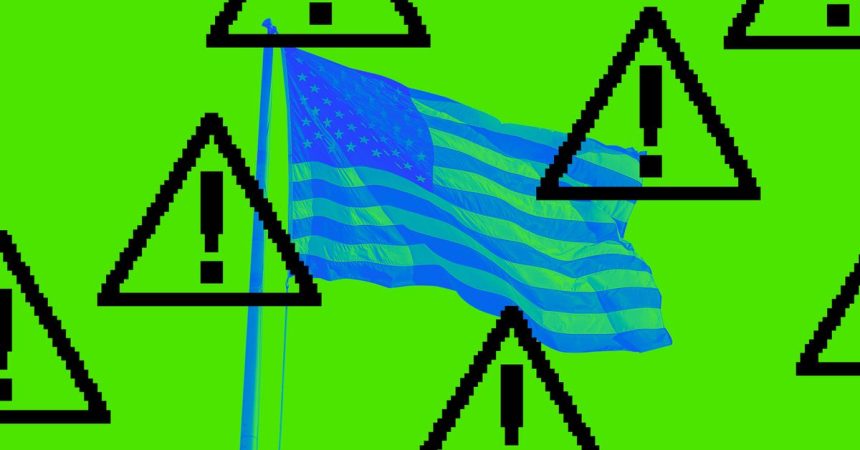The Department of Justice (DOJ), under the Trump administration, deviated from established agency protocols in its pursuit of journalists’ sources, according to a recent report by the DOJ’s Inspector General (IG). The investigation reveals a concerted effort by the DOJ to obtain “non-content communications records” from eight journalists representing prominent news organizations such as The New York Times, The Washington Post, and CNN. These records, which include email logs and other metadata, would have allowed the DOJ to identify the journalists’ sources without directly accessing the content of their communications. The timing of this report, shortly before Donald Trump’s return to office, raises serious concerns about the potential for similar practices under his leadership and the implications for press freedom.
The IG report highlights a troubling disconnect between the DOJ’s stated respect for the role of the press in a democracy and its actions. The investigation found that the DOJ under Trump circumvented its own policies, failing to convene the required review committee before seeking these records. This disregard for established procedures is particularly concerning given that the DOJ had overhauled its media policies just a few years earlier under the Obama administration, following criticism of its aggressive tactics towards journalists. The IG report emphasizes the “troubling disparity” between the department’s stated principles and its actual conduct, raising questions about the sincerity of its commitment to protecting the press.
Beyond the targeting of journalists, the IG’s investigation also uncovered attempts by the DOJ to obtain similar records from members of Congress and their staff. The DOJ sought records from two members of Congress and 43 congressional staffers from both sides of the aisle. This broad sweep of information requests raises additional concerns about the potential for abuse of power and the chilling effect such actions can have on legitimate legislative activities. Notably, at the time of these requests, the DOJ lacked a specific policy governing the collection of such records from members of Congress and their staff, further highlighting the need for greater oversight and accountability.
The IG report details the context of the DOJ’s investigation, including the alleged leak of classified information regarding Russian hackers in 2017. Prior reporting indicated that the DOJ was investigating whether former FBI Director James Comey was the source of this leak. The pursuit of journalists’ records in connection with this investigation raises concerns about the government’s willingness to infringe on press freedom in pursuit of leak investigations. The incident underscores the tension between national security concerns and the protection of First Amendment rights, a tension that requires careful balancing.
In response to the IG report, the DOJ acknowledges that many of the events under scrutiny occurred before the implementation of revised policies on media and congressional investigations. However, the DOJ concurs with the IG’s core recommendations, including the need for changes in how certain information requests are escalated to senior officials. This acceptance of the recommendations suggests a willingness to address the identified deficiencies and improve internal oversight. However, the timing of these changes, coinciding with the transition to a new administration, raises questions about whether these commitments will be fully implemented and sustained.
The IG report has also spurred legislative action. Senator Chuck Schumer attempted to pass the Protect Reporters from Exploitative State Spying (PRESS) Act by unanimous consent, a move that would have strengthened protections for journalists and their sources. While this attempt was blocked by Senator Tom Cotton, the effort highlights the growing concern over government overreach in its dealings with the press. The proposed legislation aims to safeguard the ability of journalists to report freely and hold powerful institutions accountable, a fundamental pillar of a functioning democracy. The debate surrounding this legislation underscores the ongoing struggle to strike a balance between protecting national security and preserving the freedom of the press.



